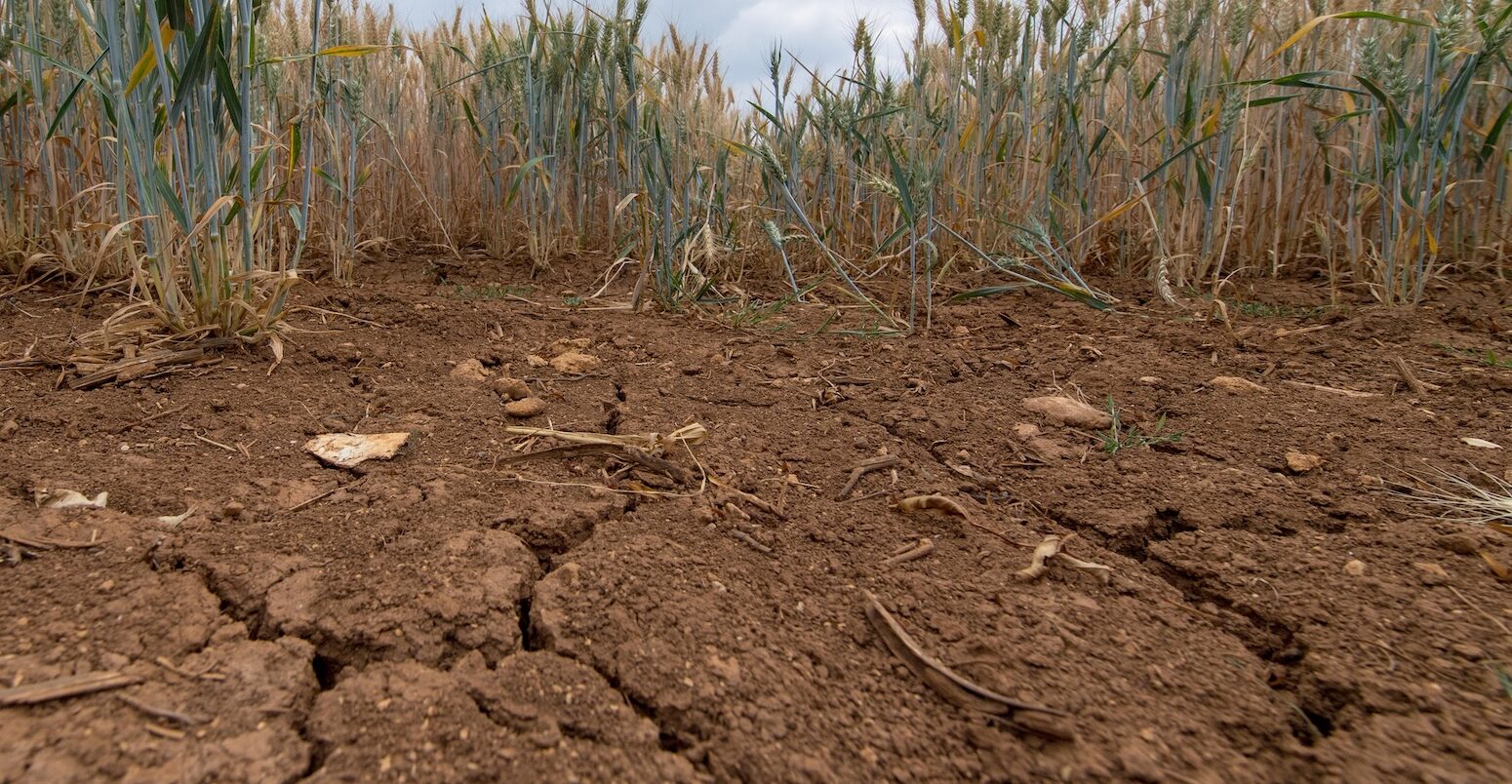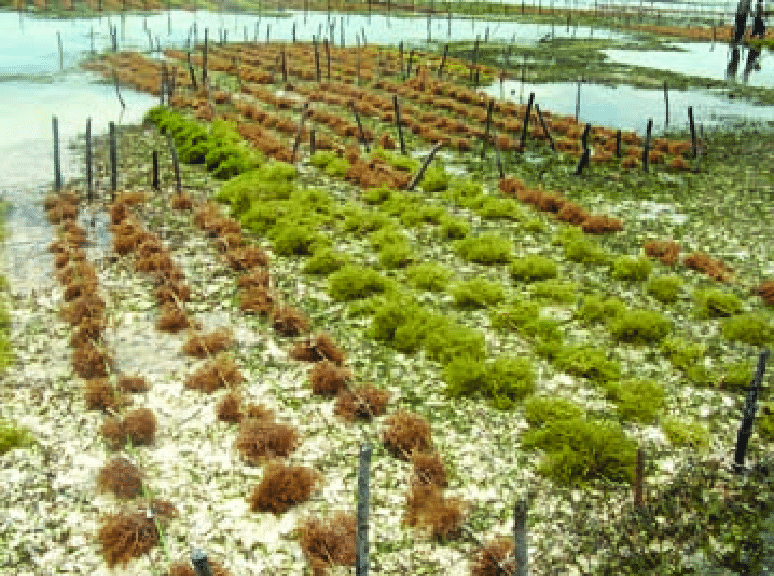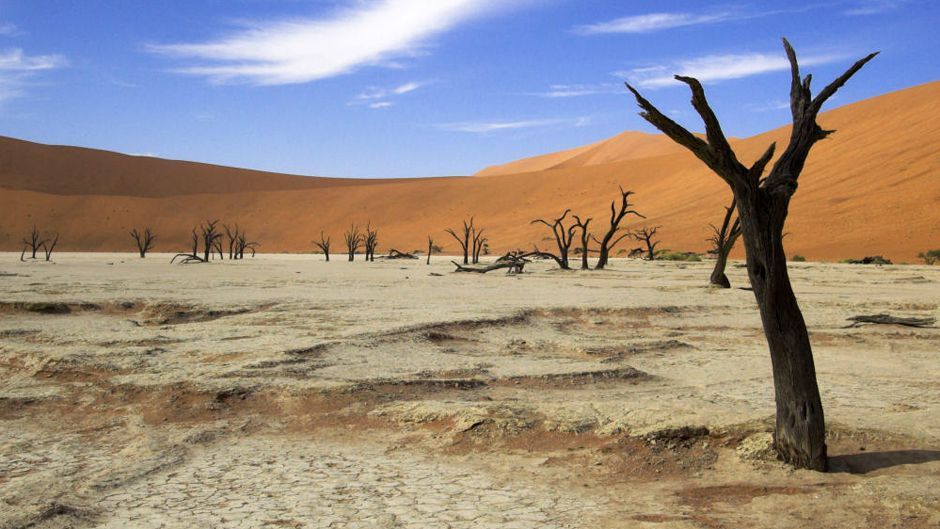Climate change stands as one of the most urgent and complex challenges facing humanity, exerting far-reaching consequences across multiple dimensions of our existence. The impacts extend beyond the environmental sphere, significantly influencing local and global economies and posing substantial threats to human health and well-being.
The observable effects of climate change are alarming, with rising global temperatures serving as a clear indicator of the planet’s shifting climate patterns. This temperature increase contributes to a surge in extreme weather events, such as floods and heatwaves, both in terms of frequency and intensity. These events disrupt ecosystems, compromise agricultural productivity, and heighten the vulnerability of communities around the world.
One of the gravest consequences of climate change is the forced displacement of millions of people. Rising sea levels, extreme weather events, and changing climate patterns render certain regions uninhabitable, compelling communities to migrate in search of safer living conditions. This displacement not only strains resources but also exacerbates existing social and economic inequalities.
In the face of such profound challenges, education emerges as a crucial tool in addressing and mitigating the impacts of climate change. However, the full potential of education in this context remains largely untapped. A comprehensive and integrated approach to environmental education can empower individuals with the knowledge and skills necessary to understand, adapt to, and mitigate the effects of climate change.
Education plays a vital role in fostering climate literacy, enabling individuals to comprehend the interconnectedness of environmental, social, and economic systems. By instilling a sense of environmental stewardship and responsibility, education empowers communities to make informed decisions that contribute to sustainable practices and resilient societies.
Furthermore, education serves as a catalyst for innovation and solutions. By nurturing a generation of critical thinkers and problem solvers, educational systems can inspire the development of technologies, policies, and practices that address climate challenges. This includes renewable energy solutions, sustainable agricultural practices, and resilient infrastructure to mitigate the impact of climate-related disasters.
The Relationship Between Education and Climate Change
Education is an essential tool for combating climate change. It is a leading predictor of climate change awareness among younger generations, empowering them to become informed citizens and take decisive action about protecting the planet. In the classroom, young people can learn about the impacts of global warming and how to incorporate sustainability into their everyday choices. Learning about the causes of climate change also helps eliminate the fear around the issue while raising awareness about the devastating impacts of anthropogenic activities and generating momentum around more sustainable practices and lifestyles.
One solution proposed by Project Drawdown indicated that if each student reduces their carbon emissions by 2.86 tons of carbon dioxide (CO2) and climate change education grows from less than 1% to 16% of secondary students by 2050, the implementation of education could reduce emissions by almost 19 GT of CO2. Current annual emissions are 34 GT, meaning that, by introducing more climate education to less than a quarter of high school students, we could more than halve annual CO2 emissions.
And yet, the climate crisis is largely limiting access to education, with children remaining among the most vulnerable to the effects of climate change. For example, when extreme floods occur, they immediately cannot attend school. The outcome is similar when intense droughts, severe fires, and other natural disasters occur.
Data from UN International Children’s Emergency Fund’s (UNICEF) Children’s Climate Risk Index shows that roughly one billion children live in extremely high-risk countries. That is nearly half of the global children’s population who could lose access to schooling when climate change strikes. What’s more, UNICEF also recently found that at least 43 million children worldwide were displaced as a result of climate change-driven extreme weather. And with the effects of these crises worsening at an unprecedented pace, families and communities are getting even more vulnerable to future disasters.
How Different Countries Address Sustainability in Their Curricula
The benefits of climate change education are undeniable but integrating it into existing curricula is proceeding rather slowly. Key findings from UNESCO’s Getting Schools Climate-Ready 2021 report paint a harsh picture:
- 47% of national education curricula from 100 countries do not make a single reference to climate change;
- Only 40% of teachers feel confident in teaching about the effects and severity of climate change;
- Less than half of teachers reported that their school had an action plan to introduce climate education to their curriculum.
Fortunately, not all is bad news.
Several countries are beginning to implement plans to integrate climate change topics into their systems, exemplifying that it can and should be done.
In 2019, Italy became the first country to formally introduce and make the topic of climate change and sustainable development compulsory in schools. The then-Education Minister Lorenzo Fioramonti announced that Italian schools would discuss climate change issues for an hour every week. In the US, the state of climate education is evolving fast, with schools in New Jersey and Connecticut already required to incorporate lessons on climate change into their science curricula.
France stated its readiness to include lessons on climate change at the start of the 2020/21 school year. New Zealand introduced climate change studies into its secondary school curriculum in 2020. Cambodia, Argentina, Mexico and the UK have also taken preliminary steps to expand their respective curricula to include climate change studies.
Challenges Facing Climate Education
One of the most significant challenges preventing climate change to be adopted in education curricula on a global scale is politics. While supported by a huge body of scientific evidence, it remains a highly controversial and divisive topic, with climate deniers and misinformation on the rise, especially online.
In the US, some Republican states, including Florida and Idaho, passed legislation impacting climate-related education. Both states have refused to pass curriculum legislation that would teach about the human impact on climate change, with politicians arguing that climate change is “speculative.” This not only impacts what students will learn about science, but could also have impacts on federal legislation that could limit academic freedom and education standards.
The highly polarized nature of climate change discussions has also impacted textbooks and reading materials. A 2022 study showed the amount of content covering climate change in American biology textbooks dropped considerably from 2010 to 2019.
Another impeding factor is the need for more resources. Schools in low-income countries might need help to acquire the necessary resources to implement climate change studies in their classrooms. Ironically, these are the communities most vulnerable to climate impacts.
Fortunately, there have been concerted efforts to harness the critical role of education to tackle the climate crisis on a global scale. Most recently, the 28th United Nations Climate Change Conference (COP28) in Dubai ended with an agreement to accelerate climate change education through the United Arab Emirates-led Greening Education Partnership. To this end, the first-ever Greening Education Hub was commissioned in the United Arab Emirates, COP28 host nation, to address the lack of climate change education in schools. The country used November’s summit to mobilize other nations to implement “environment-friendly curricula, ”introduce different sustainability projects”, and train educators “to build sustainable green communities,” as illustrated by the Minister of Education Ahmad Belhoul Al Falasi.
The Key Role of Environmental Education
The escalating global awareness of climate issues underscores the urgency of incorporating robust and resilient curricula into educational systems, especially to equip younger generations for the complex environmental challenges that lie ahead. In today’s interconnected world, education serves as a key catalyst for cultivating an informed and environmentally conscious citizenry.
A comprehensive education on climate change not only imparts scientific knowledge but also instills a deep understanding of the socio-economic implications and ethical considerations associated with environmental degradation. It empowers individuals to critically assess the impact of human activities on the planet and fosters a sense of responsibility for sustainable practices.
Furthermore, education emerges as a powerful agent of change by influencing attitudes towards climate change. By integrating environmental awareness into curricula, educators can inspire a mindset shift, encouraging individuals to view themselves as stewards of the planet. This transformative approach goes beyond textbook learning, promoting an ethos of environmental stewardship and responsibility.
Crucially, education doesn’t merely stop at raising awareness; it plays a pivotal role in actively engaging individuals to contribute meaningfully to a low-carbon global economy. By imparting practical skills, fostering innovation, and promoting sustainable practices, education becomes a driving force behind the transition to eco-friendly lifestyles and business practices.
In essence, the evolving focus on climate issues within education extends beyond imparting information; it aspires to cultivate a generation that not only comprehends the urgency of climate action but also possesses the tools to actively participate in creating a sustainable and resilient future. By fostering a symbiotic relationship between education and climate consciousness, society can pave the way for individuals who are not only prepared for the challenges that lie ahead but are also committed to shaping a world in which ecological balance and human prosperity coexist.




